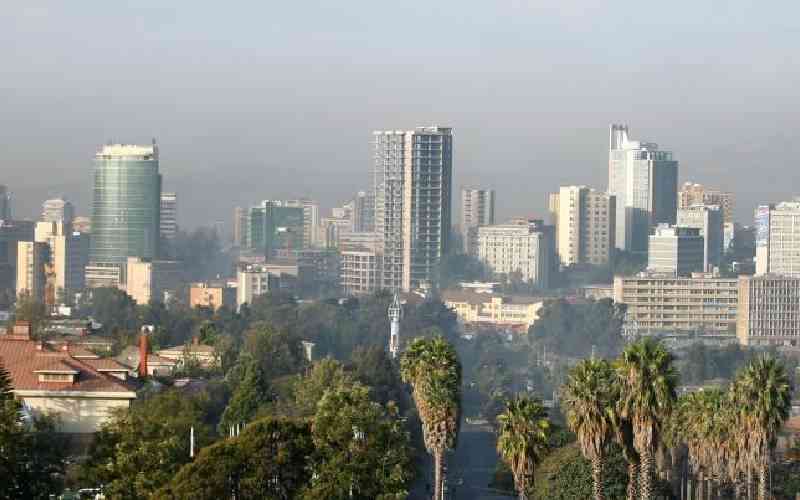×
The Standard e-Paper
Smart Minds Choose Us

The shortage of adequate housing in cities is an issue around the globe, particularly among developing countries that are rapidly urbanising.
The United Nations estimates that more than one billion people live in slums or informal settlements, 80 per cent of them in Africa and Asia. Globally, three billion people will require adequate and affordable housing by 2030.